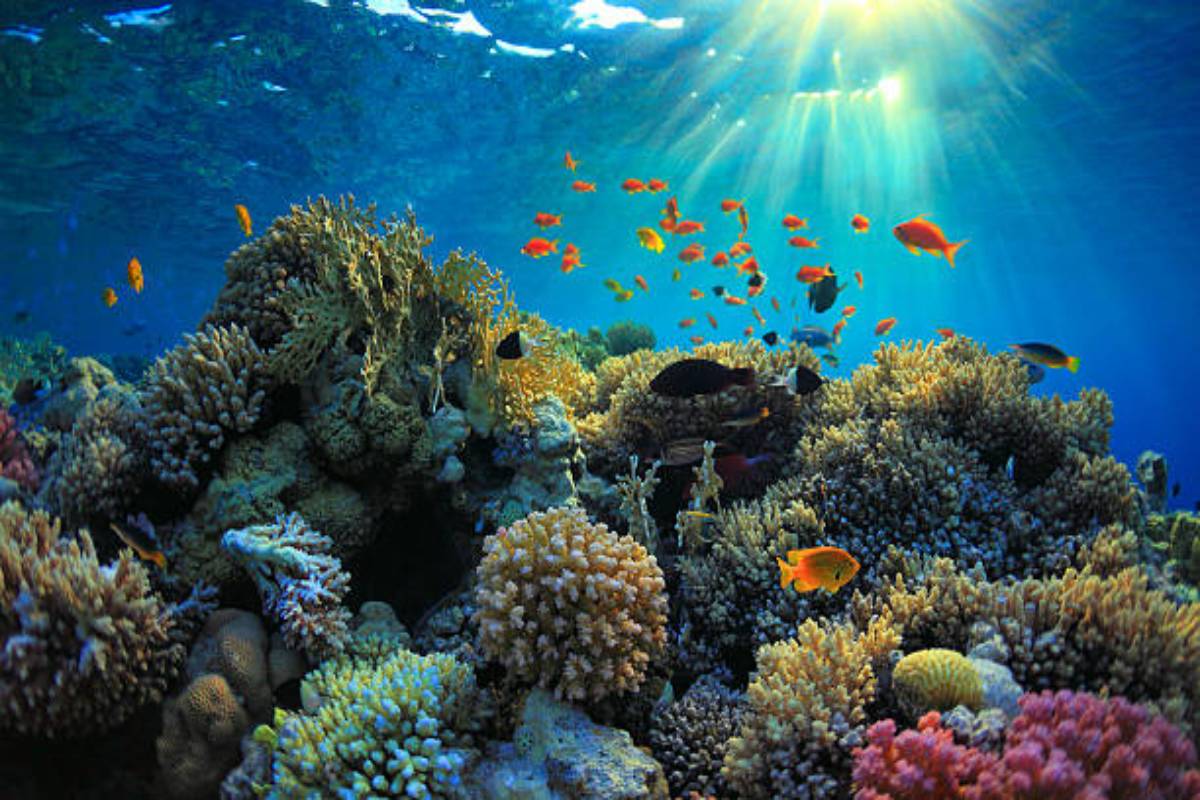Startup Mahakumbh: Rise of entrepreneurs from tier 2, 3 cities big boost to ecosystem
The country’s biggest celebration of startups saw 1,306 exhibitors, more than 165 sessions, over 392 speakers, and more than 48,581 business visitors.
A coral reef is a type of biotic relief which develops in tropical waters. World’s coral reef area comprises about six lakh square kilometre in the ocean.

The crucial role played by coral reef in the ecosystem (Photo : iStock)
A coral reef is a type of biotic relief which develops in tropical waters. World’s coral reef area comprises about six lakh square kilometre in the ocean. From tiny and recorded, perhaps undiscovered, atolls, to the gigantic Great Barrier Reef, they make up a unique and immensely rich ecosystem. The coral reefs found in different parts of India include Gulf of Munnar, Palk Bay, Gulf of Kutch, atolls of the Lakshadweep and continental island reefs of Andaman and Nicobar.
Importance of coral reef
Indian coral reef have a wide range of resources which are of commercial value. The social economic and biological value of coral reef ecosystems has been recognised by the Central Marine Fisheries Research Institute (CMFRI) in the early 1960s itself as one of the priority areas for fundamental as well as applied research.
Coral reefs are important for following reasons
Advertisement
Coral reefs provide protection and shelter for species of fish. These ecosystems are estimated to be capable of fish production potential of 1.8 to 2.7, lakh tonnes per year. Reef fish are one of the main sources of food for millions of people.
Coral reefs play an important role in controlling carbon dioxide in the environment. They turn carbon dioxide in the water into a limestone shell. Without corals the amount of carbon dioxide in water would rise dramatically and it will have an adverse effect on earth‘s environment.
Coral reefs are also called barrier reefs. They protect coasts from strong currents and waves down the water before it gets to the shore.
Coral reef also helps in mitigating marine disaster reclaiming land along the coast providing raw material for industry and agriculture, increasing tourism and water resources.
They also control the greenhouse effect.
For centuries coastal communities have used plants and animals of the reefs for their medicinal properties. Today medical research is looking for a possible cure for several diseases from asthma to AIDS.
Role of coral reef in biodiversity prevention and ecotourism
Coral reefs support an extraordinary amount of biodiversity although they are located in nutrient-poor tropical waters. Cyanobacteria, zooxanthellae, coralline algae, various seaweeds, parrot fishes, damselfishes and almost 4000 species of fishes inhabit coral reefs. Besides these sea urchins, sea snakes, turtles and other such marine animals are also found here. Eco tourism can be defined as purposeful travel that creates an understanding of cultural and natural history, while safeguarding the integrity of the ecosystem and producing economic benefits that encourage conservation. Coral reefs provide a huge scope in the field of ecotourism, which offers great economic benefits.
Advertisement